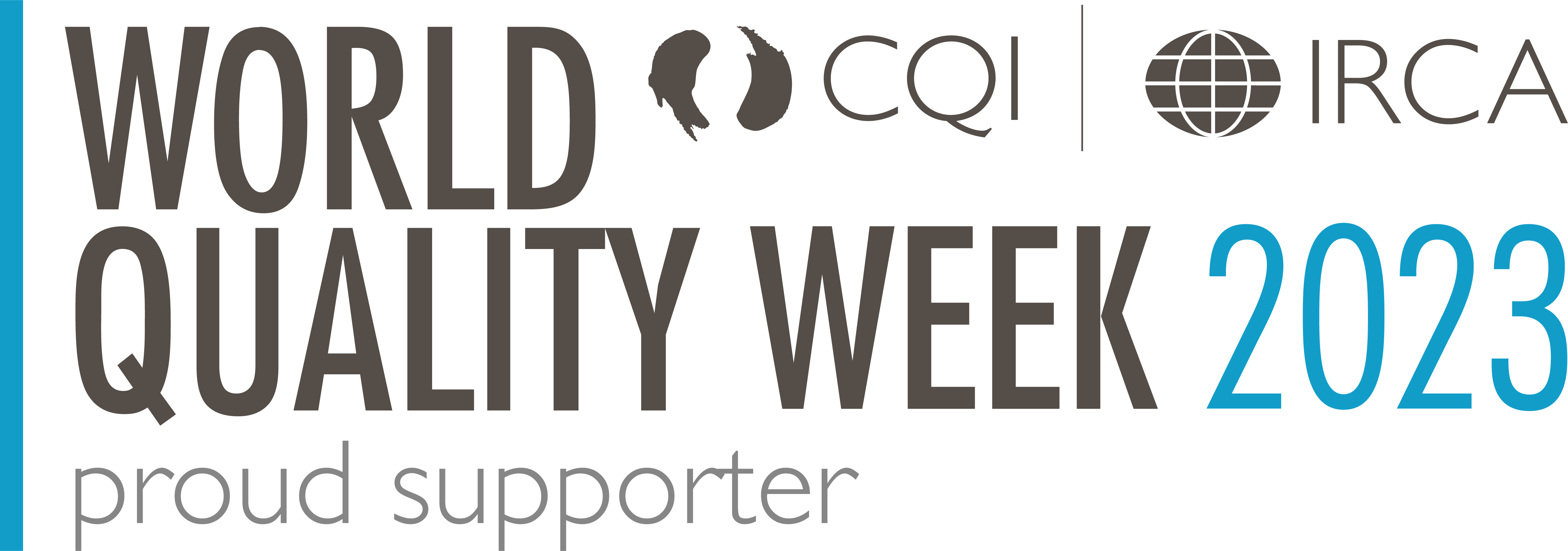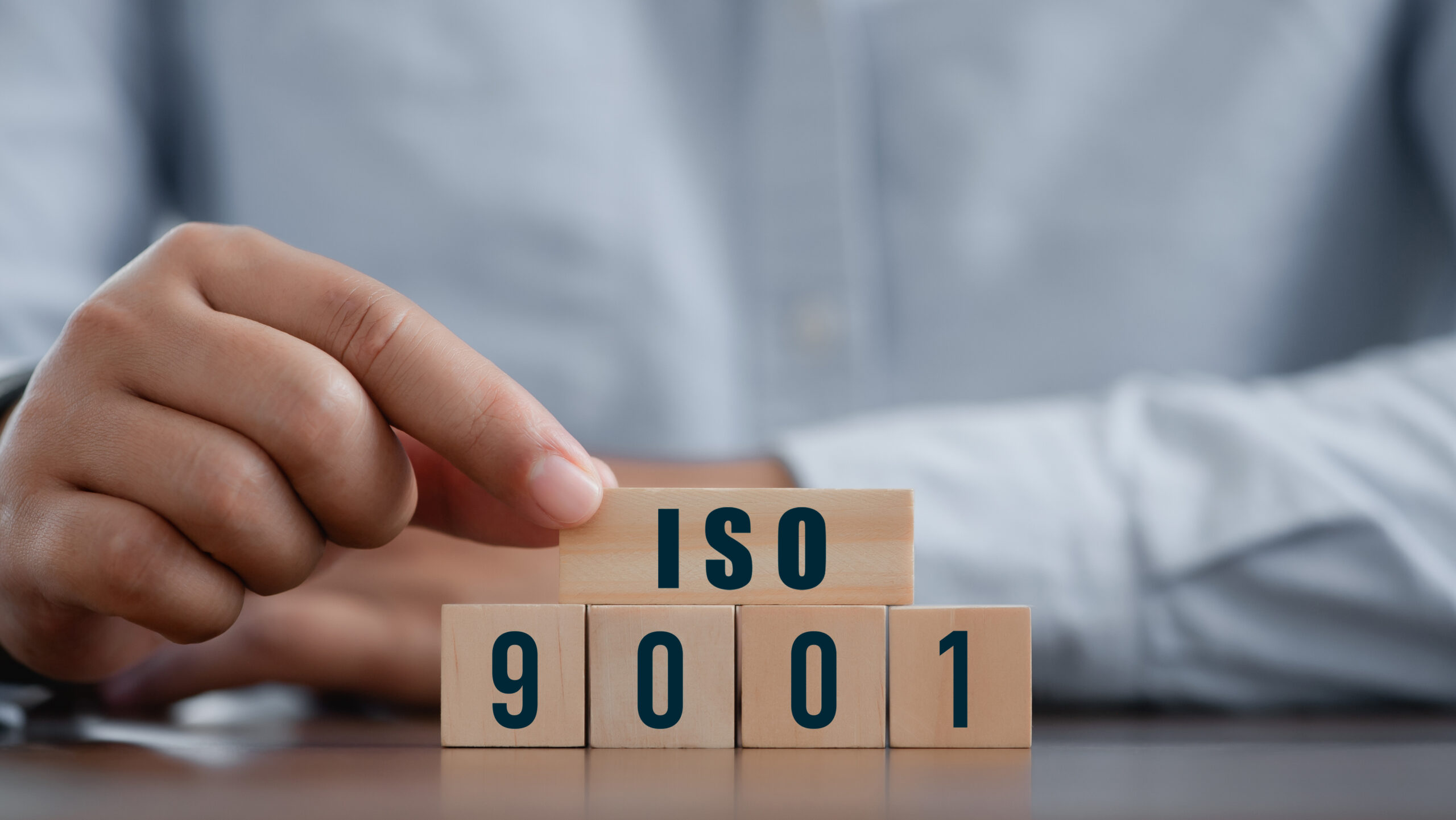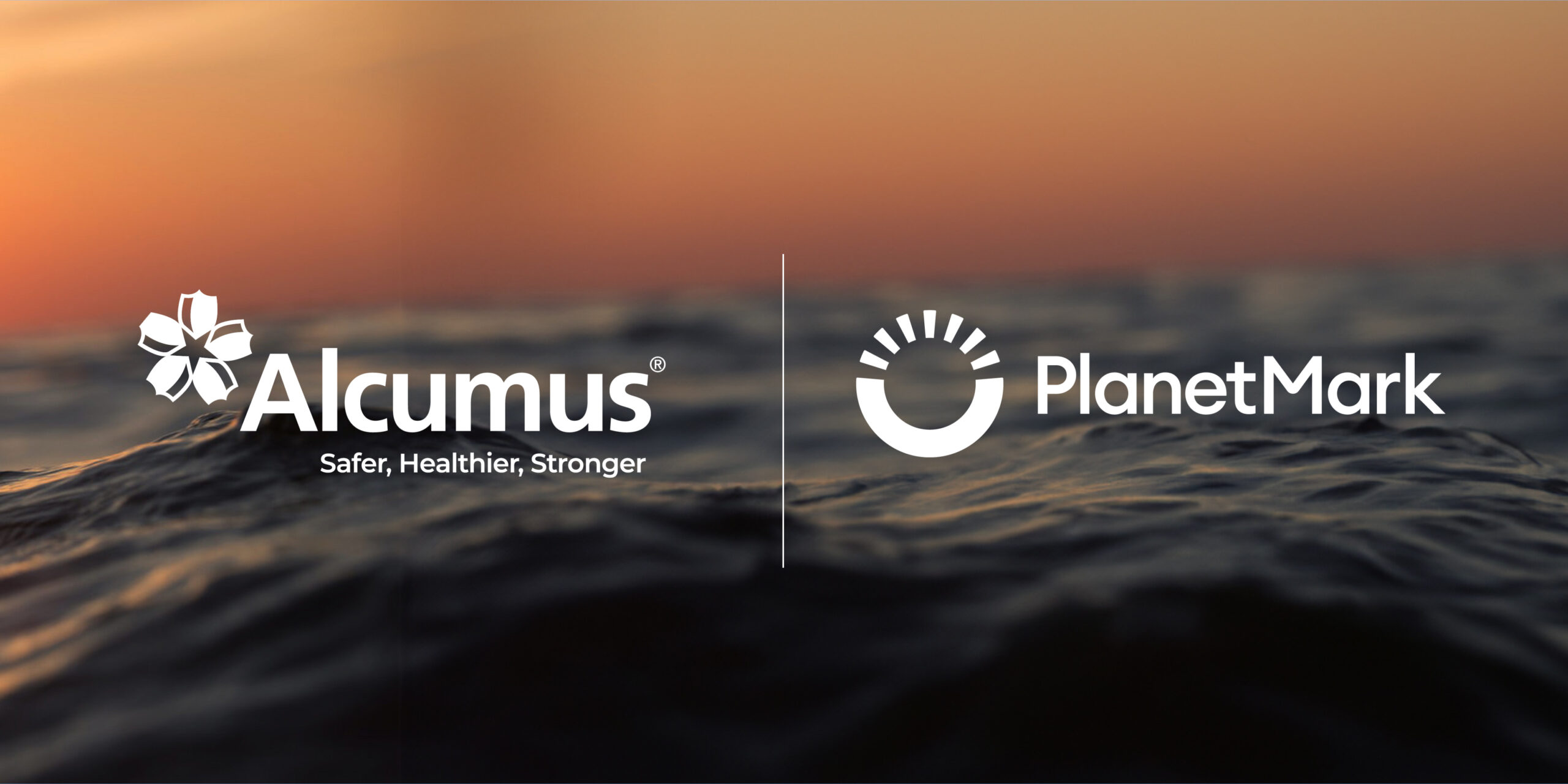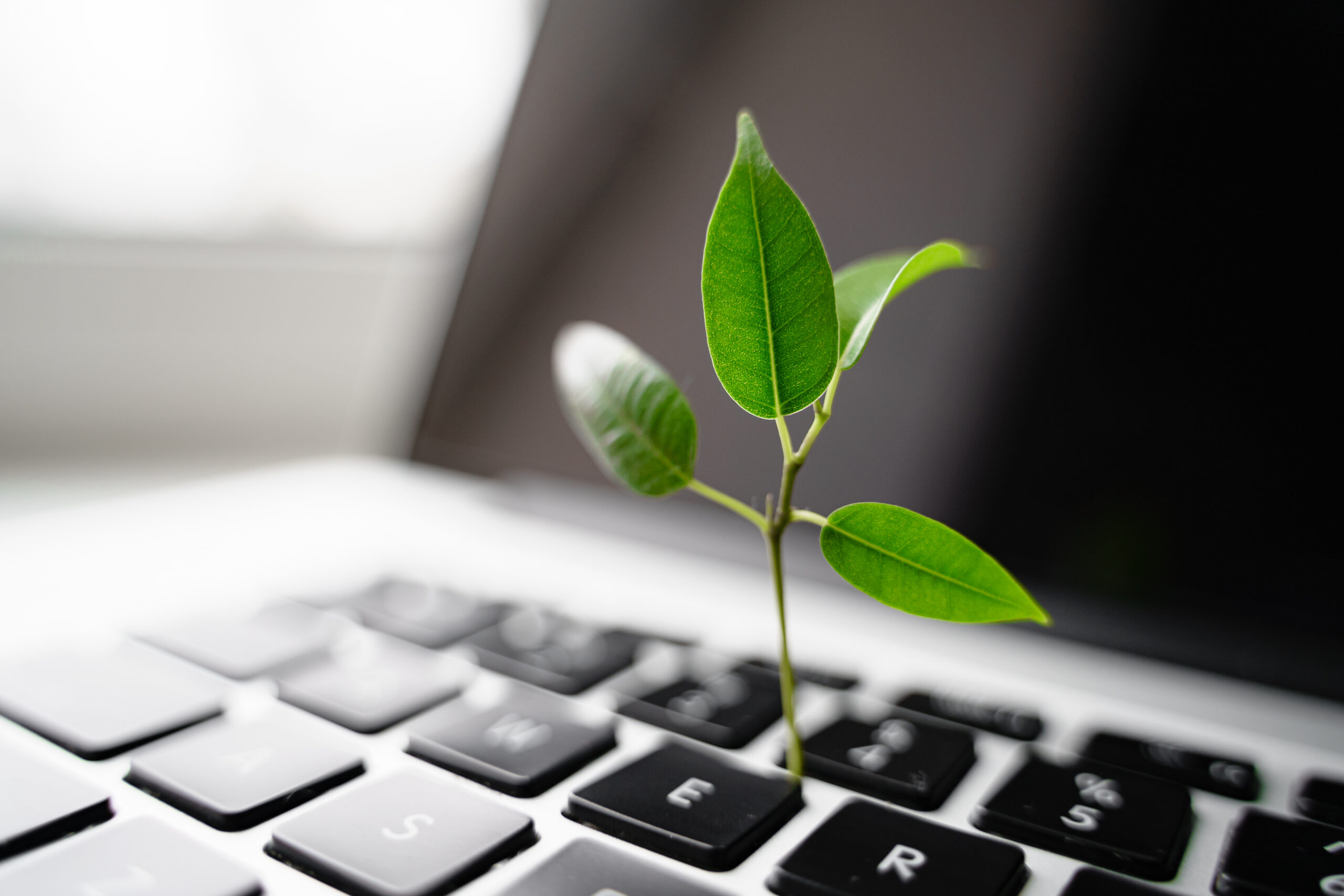As you will have heard, the number of confirmed cases of Coronavirus in the UK has now increased to 278 on 9th March 2020.
The government is expecting a steep increase and have provided further guidance, specifically in relation to pay for those who self-isolate to try to prevent the spread of the virus. Boris Johnson explained that people should not be "penalised for doing the right thing".
In order to receive statutory sick pay (SSP) people must be earning at least £118 a week (the lower earnings limit). The current position is that there are three waiting days and from the fourth day SSP kicks in. Under the new proposed rules SSP would apply from day one.
The Trade Unions Congress General Secretary said two million workers do not earn enough to qualify and Prospect Union added that self-employed people would continue to face "the dilemma of no pay or going to work when it may be putting their colleagues at risk". To combat this, the Chartered Institution for Personnel and Development (CIPD) has called on the government to set up a hardship fund to help individuals such as the self-employed, temporary or low-paid staff if they are not eligible for sick pay or paid leave.
What does this change mean?
The change, which is being introduced in emergency legislation, is expected to mean an extra £40 for people receiving SSP - which is set at £94.25 a week and paid by employers. Employers are seeking support and firmer guidance from the government regarding this.
Some employers provide full sick pay, but the issue here is that technically those choosing to self-isolate may not be sick and therefore not contractually entitled to Company Sick Pay. The decision in those cases may come down to individual employers, however ACAS have stressed that it would be good practice in that situation to offer Company sick pay.
Health Secretary Matt Hancock told BBC Radio 4's Today Programme: "We've got a statutory sick pay system in this country and self-isolating for medical reasons if you're healthy counts as being sick in the legislation." As such the position is that employees should be able to expect to receive SSP from day one, if they choose to self-isolate for medical reasons.






